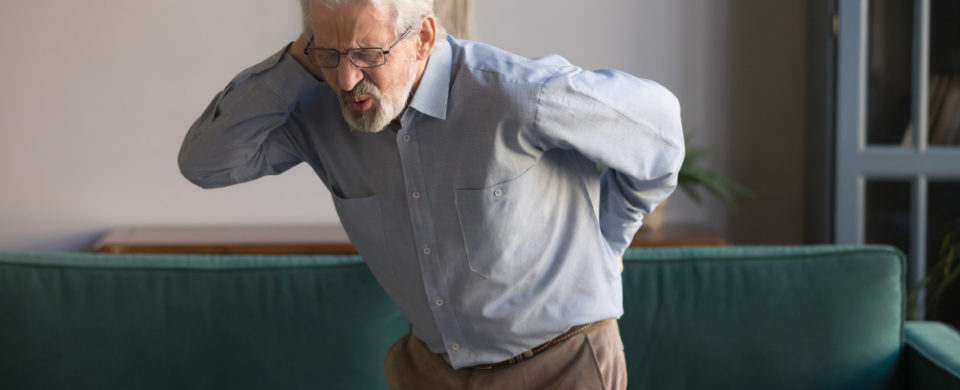A herniated disc is a spinal injury that occurs when the soft interior of a spinal disc protrudes through a crack in the tough exterior of the disc. The injured disc may press on a nearby nerve, often leading to pain, weakness, and stiffness, among other symptoms.
Back pain is extremely common. So, if you’re experiencing persistent back pain, it may be difficult to determine its cause on your own. If you’re concerned that your back pain is being caused by a herniated disc, continue reading to learn more about the signs of this particular spinal injury.
The Signs of a Herniated Disc:
- Worsening pain with activity
Pain from a herniated disc typically worsens with activity, especially those that put stress on the spine. Bending down, lifting heavy objects, and pushing or pulling motions tend to exacerbate herniated disc pain. Pain from a herniated disc often lessens with rest.
- Pain when sitting
Sitting can lead to significant pain if you have a herniated disc in the lower back. The bulge of a herniated disc can increase when you sit, leading to worsened pain.
- Location of the pain
While it’s possible to get a herniated disc anywhere in the spine, this injury most often impacts the discs in the lumbar (lower) spine. If you have persistent lower back pain that spreads to the thighs, buttocks, or legs, you may have a herniated disc in the lumbar spine.
- Age
Herniated discs are often caused by spinal disc degeneration with age. So, this injury more commonly impacts older individuals.
Visit Your Doctor for a Diagnosis
Ultimately, the best way to determine whether or not you have a herniated disc is to visit a medical professional for an evaluation. Your doctor will find the source of your pain and complete specific tests to diagnose the issue.
If you do have a herniated disc, there are several treatment options available to you. At the Regenerative Orthopedic Institute, we offer regenerative treatments including PRP and stem cell therapy to resolve the symptoms of a herniated disc without the need for invasive surgery. These treatments work by stimulating and helping your body’s own healing process to regenerate the damaged tissues.
For a free consultation, contact the Regenerative Orthopedic Institute today.

